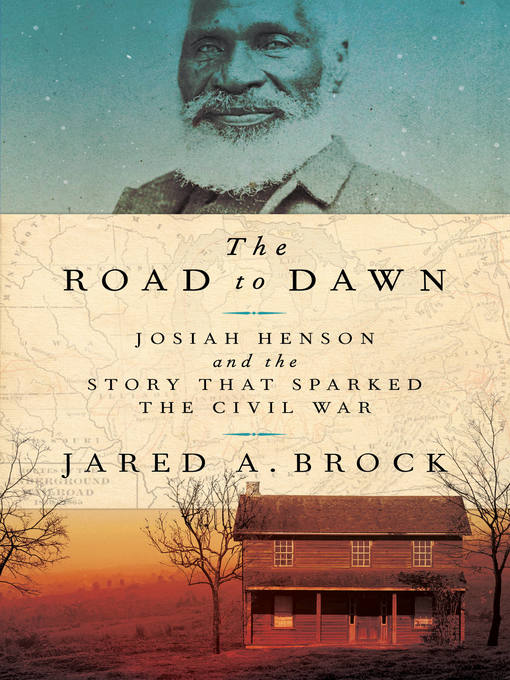
The Road to Dawn
Josiah Henson and the Story That Sparked the Civil War
کتاب های مرتبط
- اطلاعات
- نقد و بررسی
- دیدگاه کاربران
نقد و بررسی

April 2, 2018
Uncle Tom, the hero of Harriet Beecher Stowe’s 1852 novel Uncle Tom’s Cabin, is generally viewed as a humble, even obsequious character, symbolizing African-Americans’ internalization of their oppression. But, as anti–human trafficking activist Brock’s vivid biography shows, Josiah Henson, on whom Tom was based, liberated not only himself but many of his fellow slaves. Born on a Maryland plantation in the late 18th century, Henson becomes an overseer and a preacher, for many years accepting rather than resisting white dominance. But when faced with the prospect of being sold apart from his family, he orchestrates their escape. Reaching Canada with his wife and four children, Henson becomes a “conductor” on the Underground Railroad and establishes a free black community, Dawn, in rural Ontario. He narrates his autobiography to a Bostonian abolitionist, who brings Henson to Stowe’s attention, and she draws heavily upon his experiences in composing her novel, which Abraham Lincoln later claims created the Civil War. While Brock’s breezy writing style, replete with imagined conversations between historical figures, sometimes seems at odds with the somber subject matter, this is nonetheless a moving account of Henson’s life and a book from which readers will learn a great deal about the struggle against slavery. Agents: Jennifer Gates and Jane von Mehren, Aevitas Creative Management.

May 1, 2018
Brock (A Year of Living Prayerfully) graphically recounts the tumultuous Maryland childhood of Josiah Henson (1789-1883), during which time his enslaved family is separated, and Henson himself is beaten and denied literacy. While he eventually raises money to pay for his freedom, his third master reneges on their deal. As a result, Henson, his wife, Nancy, and their children escape to Canada in 1830. Brock vividly describes Henson's years at the Dawn Settlement, a refuge for fugitive slaves, and his founding of the British-American Institute. In 1849, Henson's autobiography is published followed by his prophetic visit to Harriet Beecher Stowe's home in Andover, MA. The author effectively relays how Henson was surprisingly defamed by residents of Dawn during a trip to London, and his efforts to clear his name. Over time, however, old charges of misappropriation of funds at Dawn reemerge, Nancy Henson passes away, he remarries, and his life is universally accepted as the inspiration for Stowe's Uncle Tom. Following Lincoln's Emancipation Proclamation (1863), many at Dawn returned to America, and Henson's beloved institute simply fades away. Nonetheless, he would remain at Dawn for life. VERDICT A captivating biography of superb scholarship. Recommended for U.S., Anglo-American, and African American historians, middle period specialists and general readers.--John Carver Edwards, formerly with Univ. of Georgia Libs.
Copyright 2018 Library Journal, LLC Used with permission.

























دیدگاه کاربران